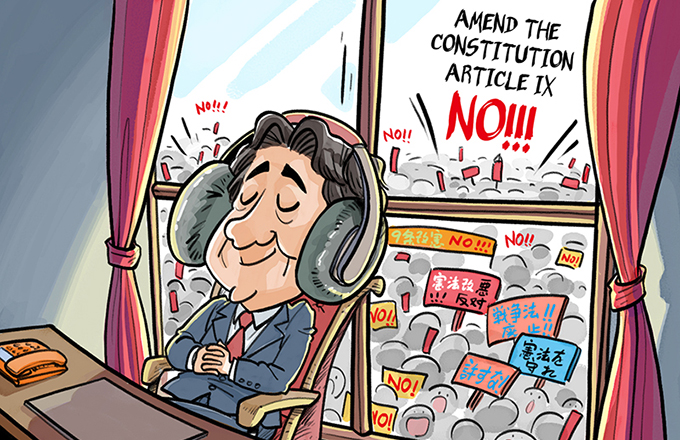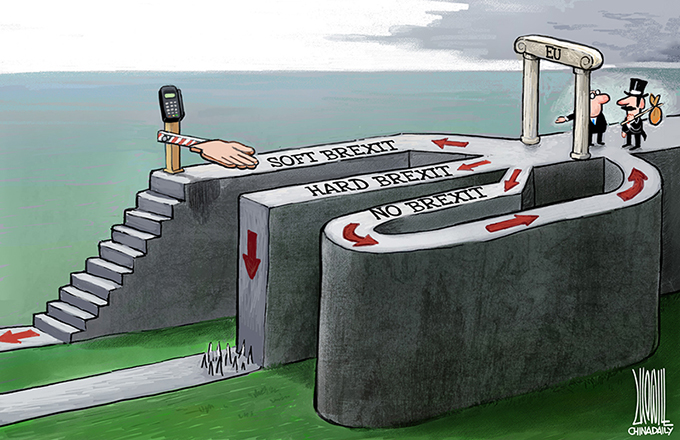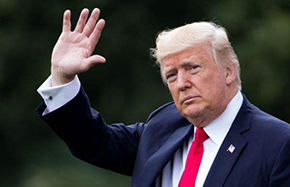US should cooperate to better protect IPR
 |
| CAI MENG/CHINA DAILY |
Editor's note: China has made remarkable progress in protecting intellectual property rights, which helps its economic transformation to innovation-driven growth. This will benefit the country and the rest of the world, which should be appreciated by other countries, including the United States. Three experts share their views with China Daily's Wu Zheyu. Excerpts follow:
Better protection should be acknowledged
 |
|
Meng Rui, partner of Tiantai Law Firm |
Fortunately, the authorities have come up with various measures to advance the mechanism of patent licensing and operation, as well as to encourage more patent applications from diversified areas. As patent applications by China's corporate sector have increased in recent years, the authorities' efforts will help improve the applicability of patents in industries and thus raise the quality of production in China.
The United States initiated a Section 301 investigation into so-called Chinese intellectual property theft in August in response to some US corporations' complaints, which should not be mistaken as the mainstream voice of US enterprises. China has come a long way in improving its IPR system, and that should be acknowledged.
And given the corporations' complaints and resultant probe, the two sides should try to know the facts and then seek a solution through cooperation. In fact, this is a good occasion for both sides to learn from each other, especially because now China provides greater IPR protection.



















